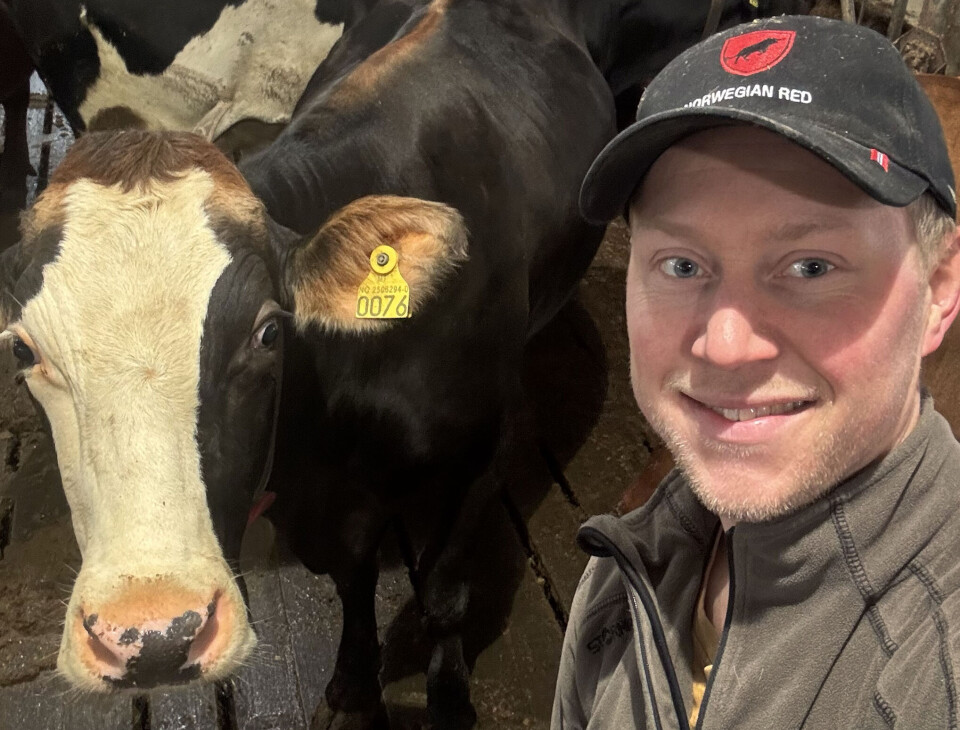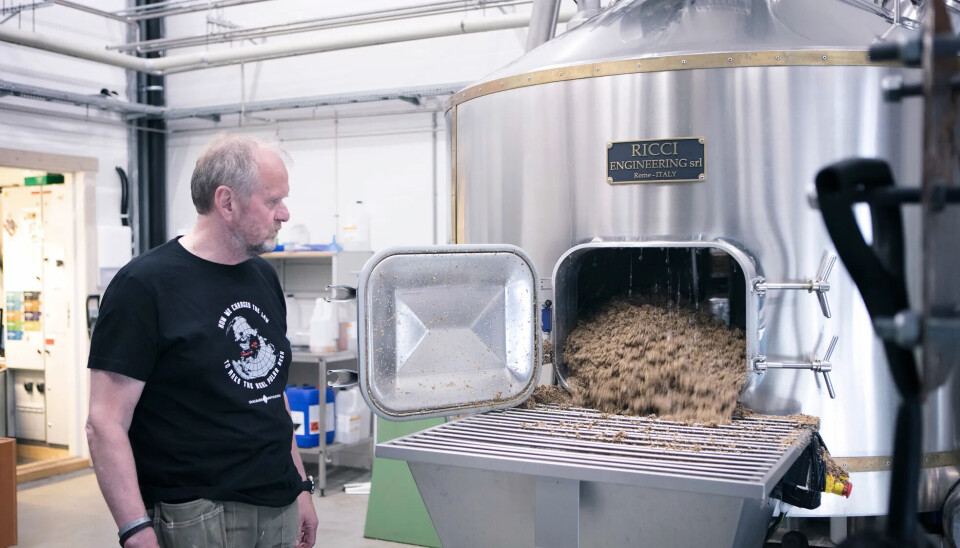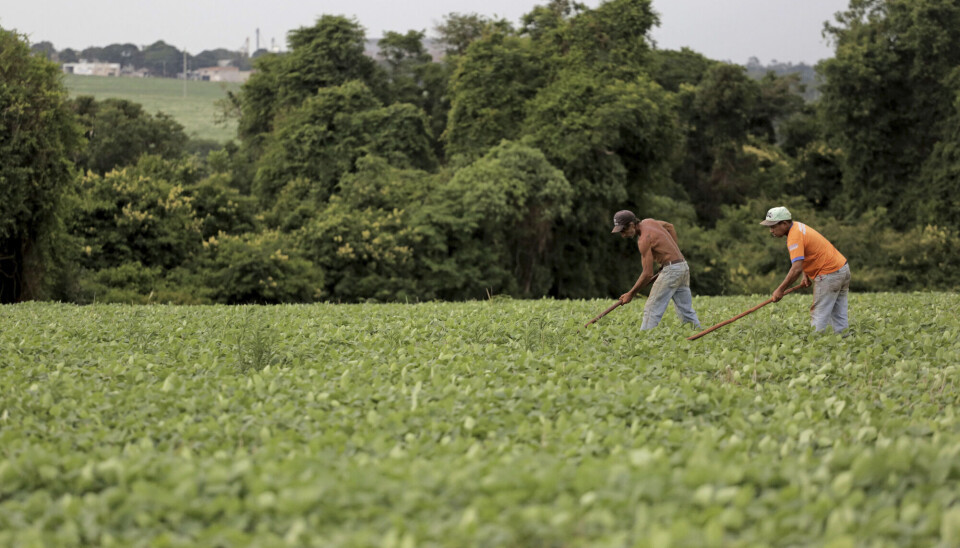Leftovers from beer can be turned into cow feed, leather, milk, and heat
"A perfect example of something we need to reuse," says researcher.

Our planet is full of beer-thirsty people.
Every time we make beer, heaps of grain residue are left behind.
The leftovers are called spent grain – and much of it goes straight in the bin.
"But it doesn't have to be that way," says researcher Michael S. Mark.

Cows love beer residues
"We collect spent grain for our cows from Aass Brewery," says dairy farmer Emil Moen.
He collects beer residues once a week and transports them to his farm.
The CEO of Aass Brewery thinks that's great.
"Spent grain contains lots of protein and nutrients. We're happy that the residues are put to good use," says Lauritz Aass.
Moen's cows enjoy the beer residues.
"They always eat it all," he says.
Only for cows?
But the cows need help.
"They can't eat all of this on their own," says Mark.
He has studied how we can make beer residues useful.
Spent grain can be used by humans and for sustainable solutions.
A Belgian company has started making vegan milk, and a Danish company is experimenting with making yoghurt (link in Norwegian).
An English company is testing making leather from grain residues.
If you get your hands on spent grain, you can bake bread and crispbread at home.

"Spent grain is a perfect example of something we need to reuse," says Mark.
Ends up as fart gas
"It's important to research this, because a lot is thrown away today," says Mark.
And that's not so good.
"When the spent grain rots in the landfill, it produces the greenhouse gas methane," he says.
Methane is the same gas that is released when we fart.
You may have heard that cows pollute the planet? That's because they burp and fart out a lot of methane (link in Norwegian).

"Also consider that we use soy from the rainforests in South America," says Mark.
From there, it goes to Norwegian cows and as vegan milk in coffee lattes.
"We could just use our beer residues," he says.
From beer to heat
"On Svalbard, we find the world's northernmost brewery," says Mark.
And beer brewing means grain residues.
"There, they're come up with something very clever to get rid of the spent grain," he says.
There are no cows on Svalbard – and polar bears do not like spent grain.

They are not allowed to dump the waste outside, and shipping it to the mainland is expensive.
The brewery was forced to find a solution – and they did.
Avoid coal and diesel
Most viewed
"Svalbard Brewery burns the beer residues themselves," says Mark.
And with the heat from that, they warm up their building, meaning they avoid heating with polluting coal or diesel.
The researcher says the brewery on Svalbard is a great example.
"Just look at how smart solutions can make us more sustainable," he says.
Globally, beer waste adds up to 40 million tonnes a year. That's about the same weight as 300,000 blue whales.
"So it's great that we're using it for something sensible," says Mark.
———
Translated by Alette Bjordal Gjellesvik
Read the Norwegian version of this article on ung.forskning.no
Related content:

Subscribe to our newsletter
The latest news from Science Norway, sent twice a week and completely free.


























































